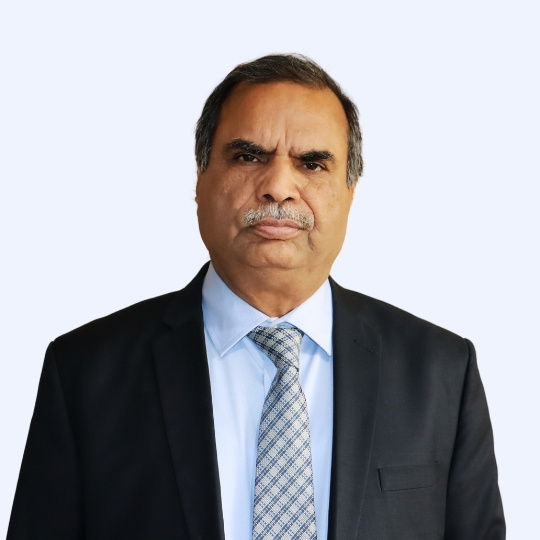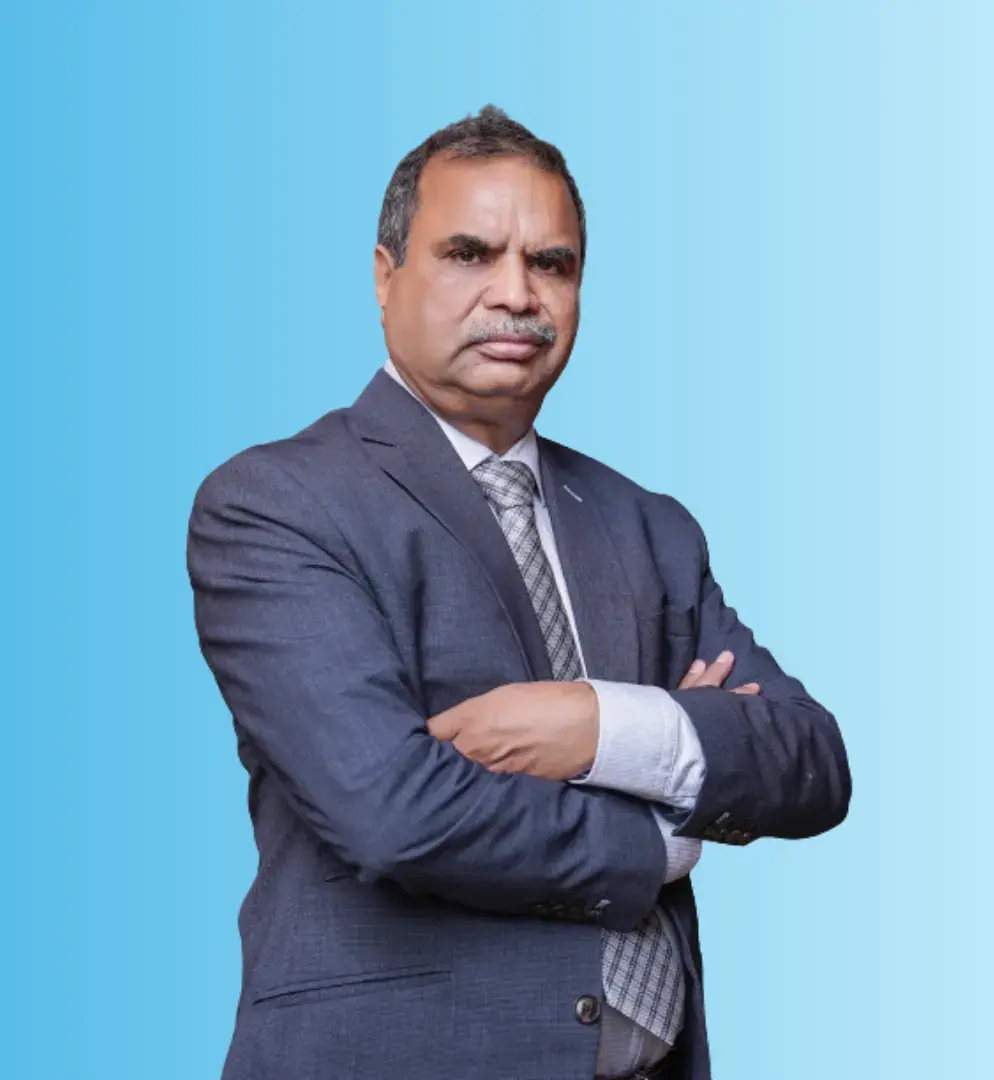
The Vital Role of Sexologists in Promoting Sexual Health and Well-being
Sexuality is an integral part of human life, yet it remains a topic shrouded in stigma and misconceptions. Many individuals and couples struggle with various issues related to sex and intimacy, ranging from sexual dysfunctions to relationship concerns. This is where sexologists play a crucial role, providing invaluable guidance and support to help people navigate these sensitive and often complex matters.
What is a Sexologist?
A sexologist is a professional who specializes in the study and treatment of issues related to human sexuality. They possess extensive knowledge and expertise in areas such as sexual health, sexual function, sexual behavior, and sexual relationships. Sexologists are trained to address a wide range of concerns, offering a safe, non-judgmental space for individuals and couples to explore and address their sexual well-being.
The Importance of Seeking Professional Help
While sexuality is a natural and healthy aspect of life, many people struggle to discuss or seek help for issues related to sex and intimacy. However, it is crucial to recognize that these concerns are valid and deserve professional attention. Ignoring or avoiding these issues can lead to significant physical and emotional consequences, impacting overall well-being and the quality of relationships.
Sexologists use a combination of counseling, therapy, education, and medication to help individuals and couples achieve healthier and more fulfilling sexual lives. They provide a non-judgmental environment where clients can openly discuss their concerns and receive personalized guidance and support tailored to their unique needs.
Kya aap ek experienced sexologist ki talaash mein hain?
Dr. Farooq Nasim Bhatti — Pakistan ke leading certified sexologist, jinsī masāil ka raazdār aur asardār ilāj, 31 saal ke tajurbe ke saath. Aaj hi mashwara lein!

Common Issues Addressed by Sexologists
Sexologists are trained to assist with a wide range of sexual and relationship problems, including:
- Sexual Dysfunctions: Treating conditions like erectile dysfunction, premature ejaculation, low libido, painful intercourse, inability to orgasm, and other issues impacting sexual function and satisfaction.
- Mismatched Libidos: Differing levels of sexual desire between partners can often lead to frustration and conflict within a relationship. Sexologists work with couples to understand the underlying causes of mismatched libidos and develop strategies to improve intimacy and sexual compatibility.
- Developing Healthy Sexual Attitudes: Negative beliefs, shame, or misconceptions about sexuality can significantly impact an individual’s sexual well-being. Sexologists guide clients in cultivating positive and healthy attitudes towards their sexuality, promoting self-acceptance and confidence.
- Orgasmic Disorders: Conditions like anorgasmia (inability to orgasm) and premature ejaculation can prevent individuals from experiencing satisfying sexual experiences. Sexologists employ various techniques and therapies to help clients overcome these issues and achieve more fulfilling sexual encounters.
- Painful Sex: Issues such as vaginismus (involuntary tightening of the vagina) and dyspareunia (pain during intercourse) can make sexual activity uncomfortable or even impossible. Sexologists work to identify and address the underlying causes of painful sex, helping clients enjoy a more pleasurable and comfortable sexual experience.
- Sexual Dysfunction: Sexologists are equipped to treat a range of sexual dysfunctions, including erectile dysfunction treatment, low libido, and other conditions that can impact sexual function and satisfaction.
- Sexual Trauma: Sexologists can help individuals process and heal from traumatic experiences related to sexuality, such as sexual abuse, assault, or other forms of sexual violence. They provide counseling and therapy to address the emotional, psychological, and physical impacts of trauma.
- Gender and Sexual Identity Issues: Individuals exploring or navigating their gender identity or sexual orientation can find support and guidance from sexologists. They provide a safe space to discuss these sensitive topics and offer resources for further understanding and acceptance.
- Relationship and Intimacy Concerns: Sexologists can assist couples in improving communication, intimacy, and overall sexual satisfaction within their relationship. They may employ techniques such as couples counseling, sex therapy, education, and medication to help partners better understand and meet each other’s needs.
Also Read: venous leakage
When Should I See a Sexologist?
There are various situations where consulting a sexologist or sex therapist can be beneficial. Some common reasons include:
- Sexual Dysfunction: If you are experiencing issues like low libido, erectile difficulties, inability to orgasm, or painful intercourse, a sexologist can help identify and address the underlying causes, whether physical, psychological, or both.
- Mismatched Sexual Desires: If you and your partner have significantly different levels of sexual desire, a sexologist can help you understand and navigate this mismatch in a healthy way.
- Sexual Trauma: If you have experienced sexual abuse, assault, or other traumatic events related to sexuality, a sexologist can provide specialized counseling to help you process and heal from the emotional and psychological impacts.
- Relationship and Intimacy Issues: If you and your partner are struggling with communication, intimacy, or overall sexual satisfaction within your relationship, a sexologist can offer guidance and techniques to improve these areas.
- Gender or Sexual Identity Exploration: If you are exploring or questioning your gender identity or sexual orientation, a sexologist can provide a supportive, non-judgmental space to discuss these sensitive topics.
- Developing Healthy Sexual Attitudes: If you are dealing with negative beliefs, shame, or misconceptions about sexuality that are impacting your well-being, a sexologist can help you cultivate healthier attitudes and self-acceptance.
- Obsessive or Intrusive Sexual Thoughts: If you are experiencing obsessive or intrusive sexual thoughts that are causing distress or impacting your daily life, a sexologist can help you address and manage these thoughts.
- Inability to Perform Despite Desire: If you have a strong sexual desire but are unable to perform sexually, a sexologist can help identify and address any underlying physical or psychological factors.
It’s important to remember that there is no shame in seeking help for sexual or relationship concerns. A qualified sexologist can provide the expertise, guidance, and support needed to navigate these sensitive issues and achieve a healthier, more fulfilling sexual life.
The Importance of Comprehensive Sexual Education
One of the key roles of sexologists is to provide comprehensive sexual education. Many individuals lack accurate and reliable information about sexuality, which can lead to misinformation, misconceptions, and unhealthy attitudes or behaviors. Sexologists work to promote sexual literacy, dispel myths, and empower individuals with the knowledge and resources they need to make informed decisions about their sexual health and well-being.
The Expertise of Dr. Farooq Nasim Bhatti
Dr. Farooq Nasim Bhatti is a leading expert in sexual health and the treatment of sexual dysfunctions. Here’s why he stands out:
- Comprehensive Expertise: With years of experience, Dr. Farooq Nasim Bhatti provides best and personalized solutions addressing both physical and psychological aspects of sexual dysfunctions.
- Pakistan’s first Diplomate of the American Board of Sexology (USA), with comprehensive training in sexual dysfunction and reproductive health.
- MBBS, FAACS-Certified, with 31 years of clinical experience in treating sexual dysfunctions.
- Extensive Research: Dr. Farooq Nasim Bhatti has presented (more than 20) research papers on the treatment of sexual disorders at international conferences held in Germany, the USA, Turkey, Singapore, South Korea, Hong Kong, Malaysia, India, and Spain, where his work has been highly appreciated. These research papers can be read here.
- Customized Treatment Plans: Dr. Bhatti believes in tailored solutions that address the unique needs and circumstances of each patient.
- Compassionate Care: His compassionate, patient-centered approach ensures that individuals feel supported, respected, and empowered.
Conclusion
Sexuality is a fundamental aspect of human experience, and seeking professional help from a sexologist can be a transformative step towards achieving sexual health and well-being. By addressing issues related to sexuality in a safe, non-judgmental, and scientifically-informed manner, sexologists play a vital role in promoting healthy attitudes, dispelling myths, and providing personalized guidance and support.
Disclaimer
This information is for educational purposes and not the treatment. For treatment, you need to consult the doctor.

Dr. Farooq Nasim Bhatti (MBBS, FAACS – USA, Diplomate: American Board of Sexology, CST, HSC – Hong Kong, CART – Malaysia & China) is a qualified medical sexologist with 30+ years of experience. He has presented 21+ research papers internationally and treats sexual dysfunction through sex therapy, counseling, and pharmacotherapy to restore natural sexual function without temporary medication.

Regain Confidence with Our ED Solutions
Explore effective treatments for erectile dysfunction. Take charge of your intimacy today.


